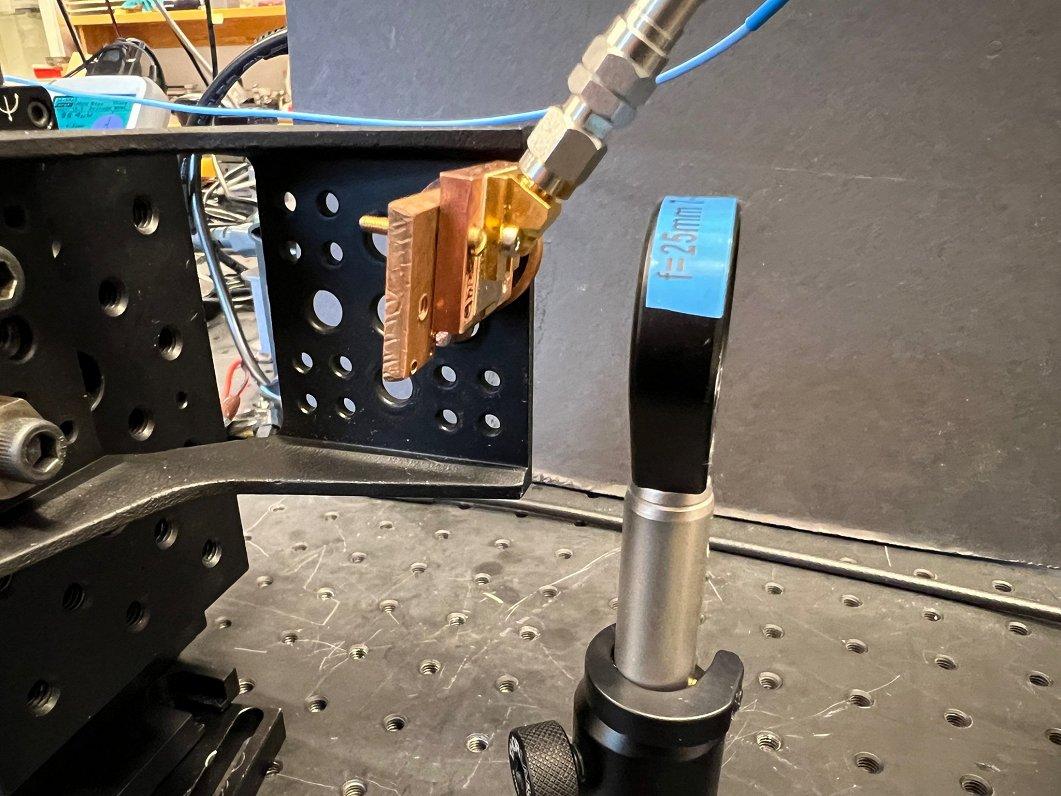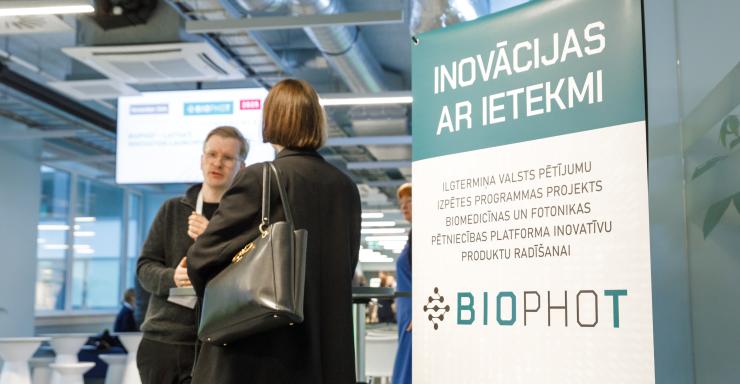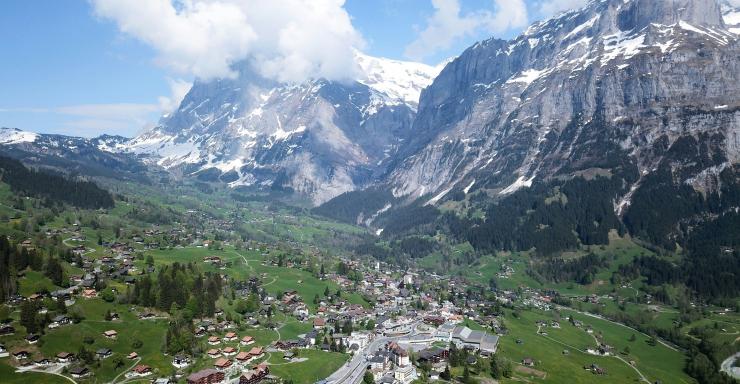The new technology achieves a data transmission speed five times faster than previously possible using the same technology. This breakthrough was achieved by Latvian scientists in collaboration with researchers from France, Sweden, and China.
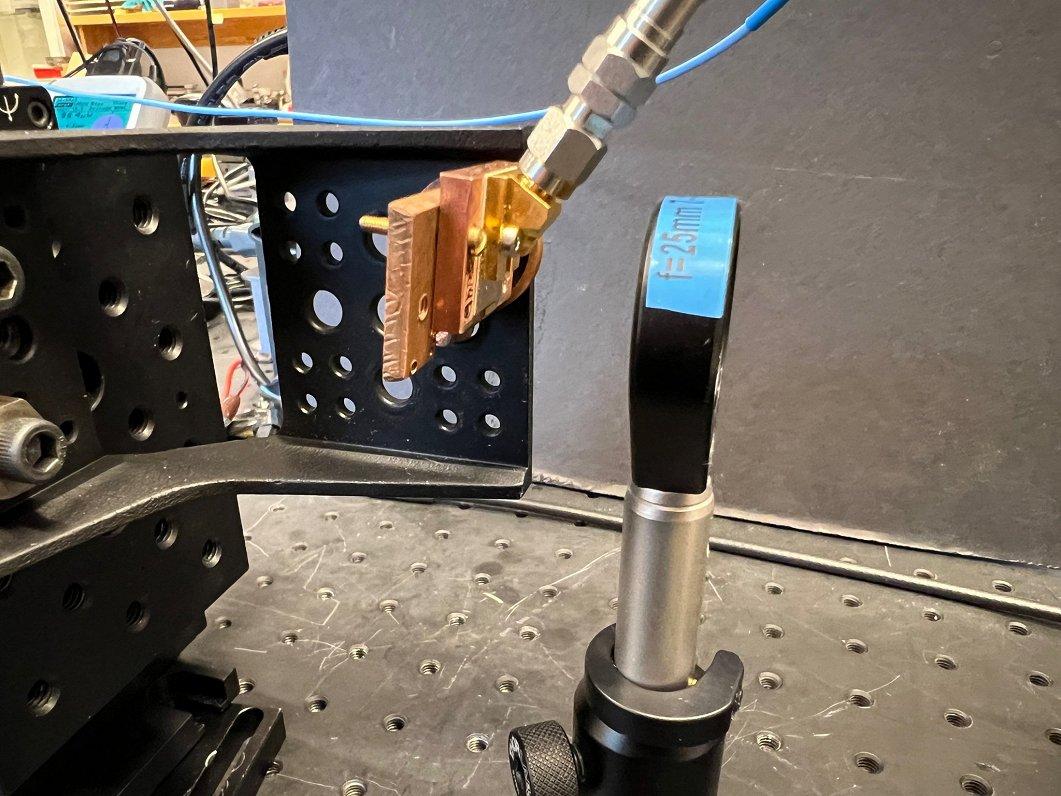
Record-breaking speed with a quantum cascade laser
Researchers from the Institute of Photonics, Electronics, and Telecommunications at the Riga Technical University, in cooperation with foreign colleagues, have studied how to accelerate data transmission using long infrared wavelengths. They have managed to achieve a record-high transmission speed with this technology, reaching 60 gigabits per second - five times faster than the previous record.
This achievement has been recognized as one of last year's major scientific milestones in Latvia. The scientists were able to achieve such high transmission speeds by using an advanced quantum cascade laser and highly sensitive optical receivers.
What is a quantum cascade laser?
Latvian Radio explains the concept of a quantum cascade laser with the help of academic Oskars Ozoliņš: “It’s a light source that allows transmitting information at longer wavelengths than usual in commercial systems. The quantum cascade helps the laser operate at 9 micrometers, which is an interesting wavelength for future free-space optical communications.”
Ozoliņš elaborates on the focus of the study: "The task was to test how these two components work together at high speed. Since this experiment was conducted at a new wavelength not yet used in commercial systems, this is a record achievement that has been well-received in the scientific community."
He added that their research was published in Nature Communications, a prestigious scientific journal that features significant research achievements.
Potential benefits for the data transmission industry
Ozoliņš stated that the results of the study could be beneficial for the data transmission industry. Currently, outdoor data transmission technologies are highly influenced by weather conditions. In contrast, the Latvian researchers' tested technology is more resistant to the impact of natural phenomena.
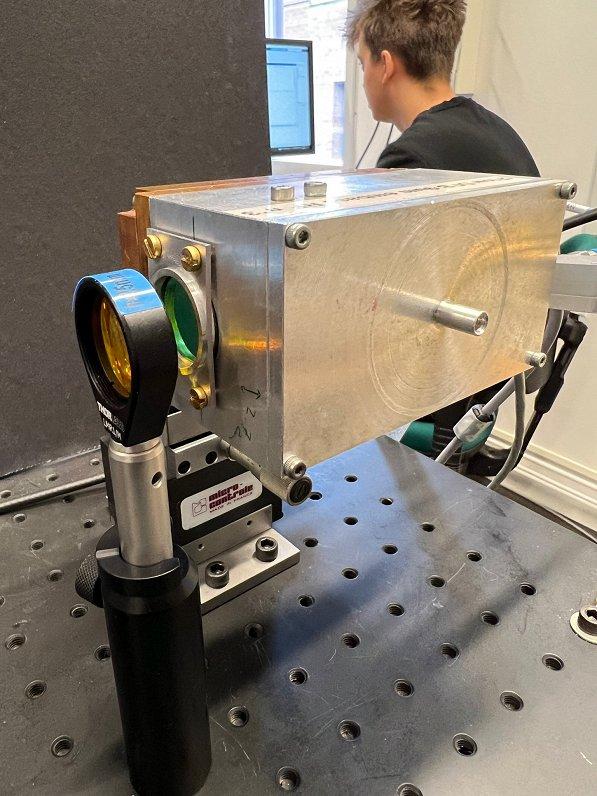
“This is very important both for data transmission here on Earth and for communication with satellites, which can sometimes experience reduced transmission speeds during cloudy weather,” Ozoliņš explained.
However, there is a downside: since the quantum laser operates at high power, it requires careful handling to avoid accidents when used in data transmission. Ozoliņš added that such high-speed data transmission is unnecessary for individual consumers, but could be useful, for example, between satellites. While current satellite communication relies on weather-sensitive technologies, it can achieve speeds of up to 100 gigabits per second in ideal conditions.
The scientists will continue their research to increase the speed of data transmission with quantum cascade lasers. They also plan to create a weather condition simulator to test how different weather factors affect data transmission.

International collaboration in the study
Ozoliņš emphasized that the study is significant because it is a collaborative effort involving scientists and industry experts from various countries. “This shows our capabilities as scientists from Latvia participating in joint experiments with multiple groups, including industry, universities, and research institutes, to conduct large-scale research,” Ozoliņš said.
The quantum cascade lasers used in the study were developed in collaboration with the French company mirSense. Meanwhile, the receivers used for high-speed data transmission were created at the Ecole Normale Superieure in France. Latvian scientists also worked with another French university in Paris, as well as Sweden’s Royal Institute of Technology, where they achieved the data transmission record. Representatives from Swedish company Ericsson also participated in the experiment, providing valuable experience to the Latvian researchers. Chinese scientists contributed their expertise in digital signal processing methods.
